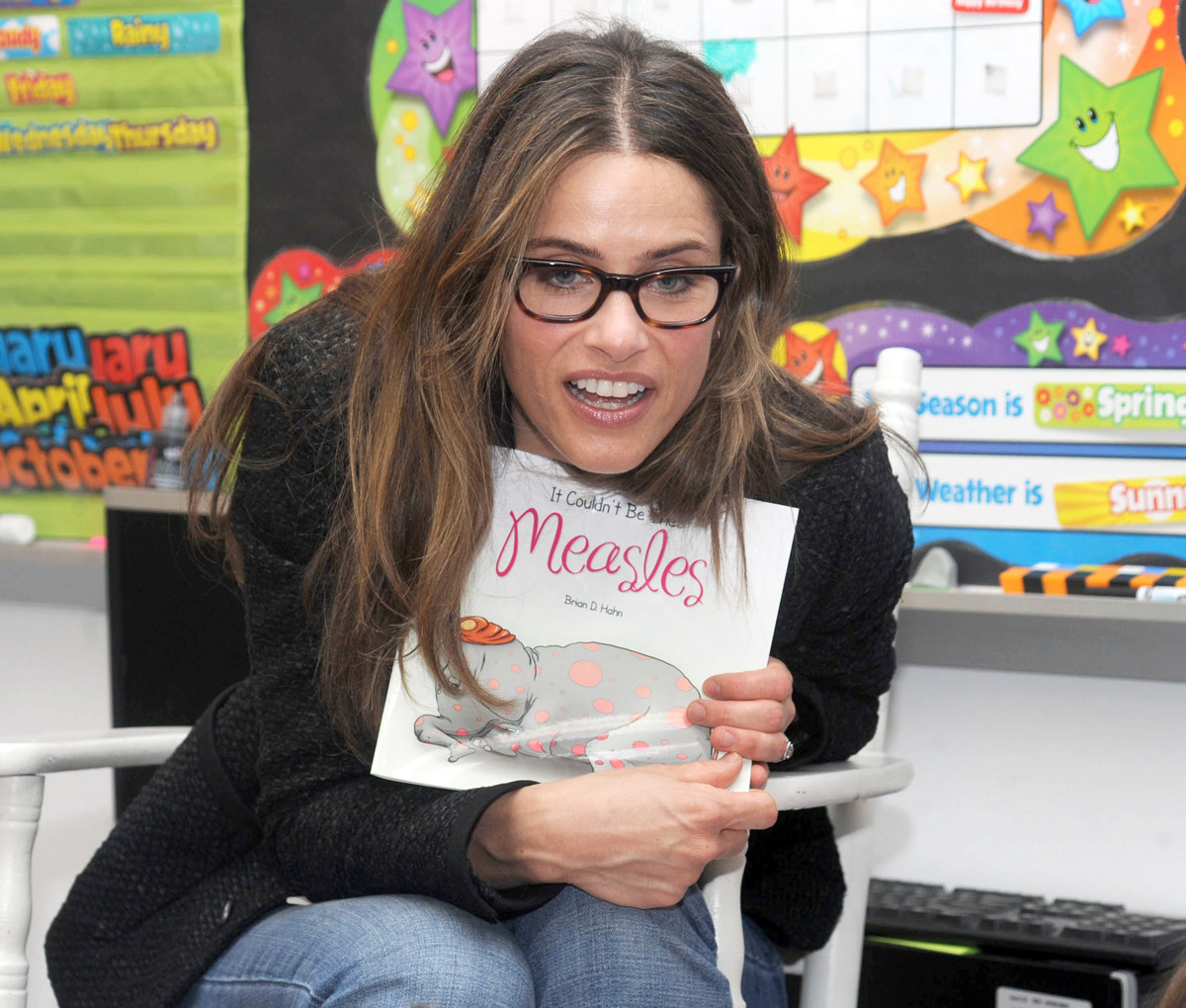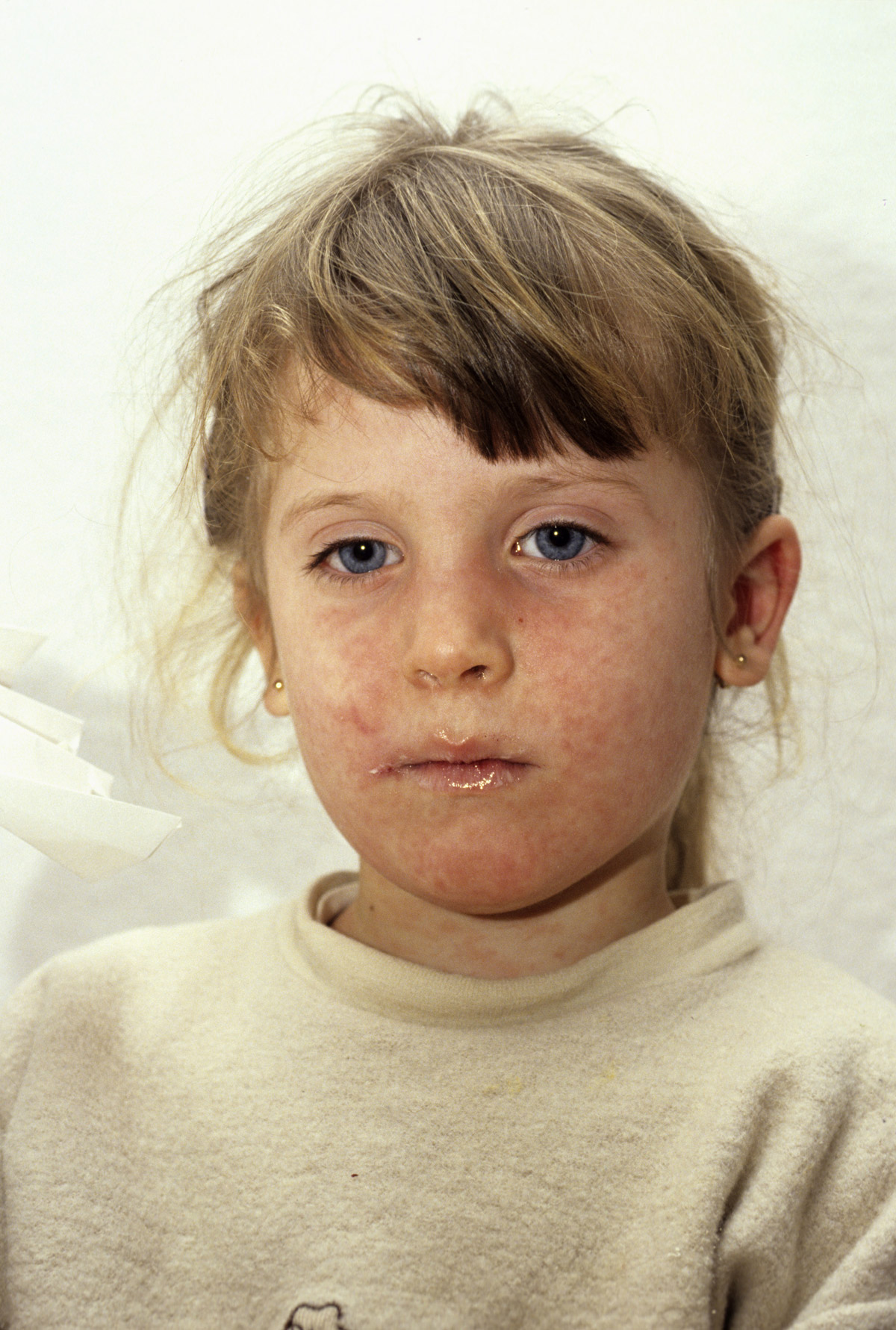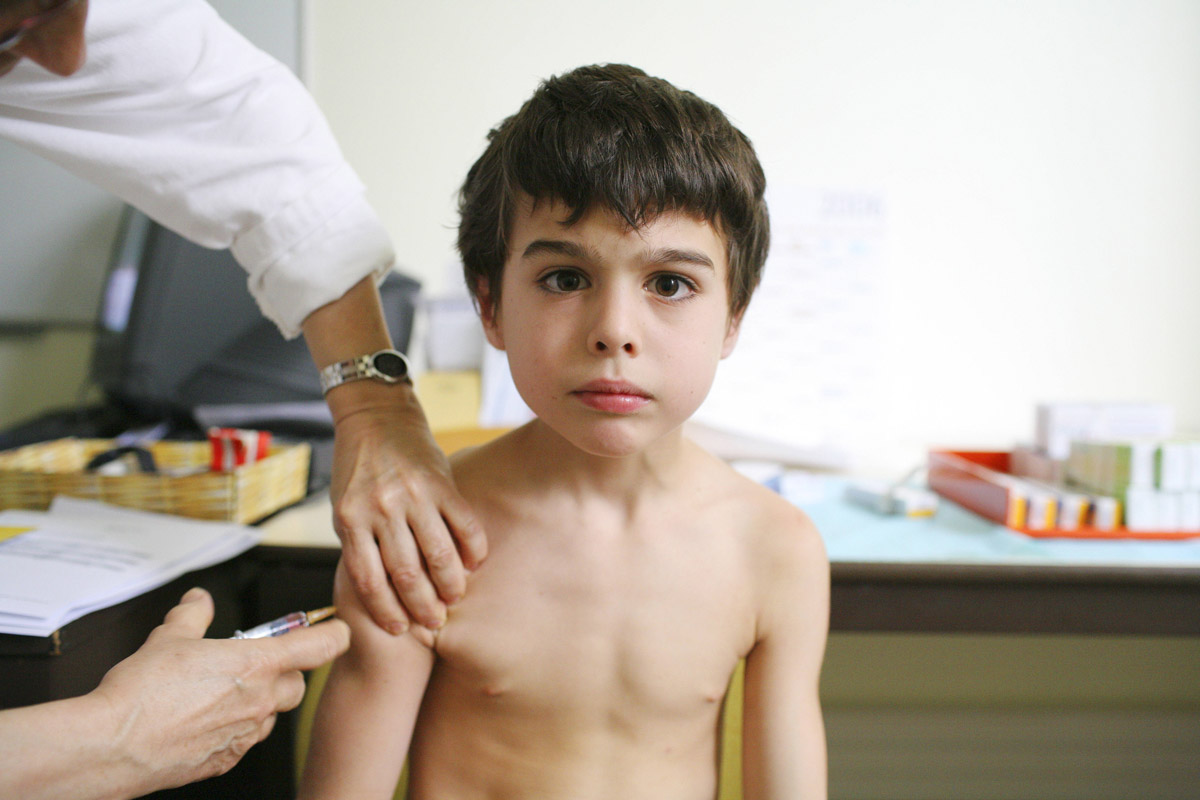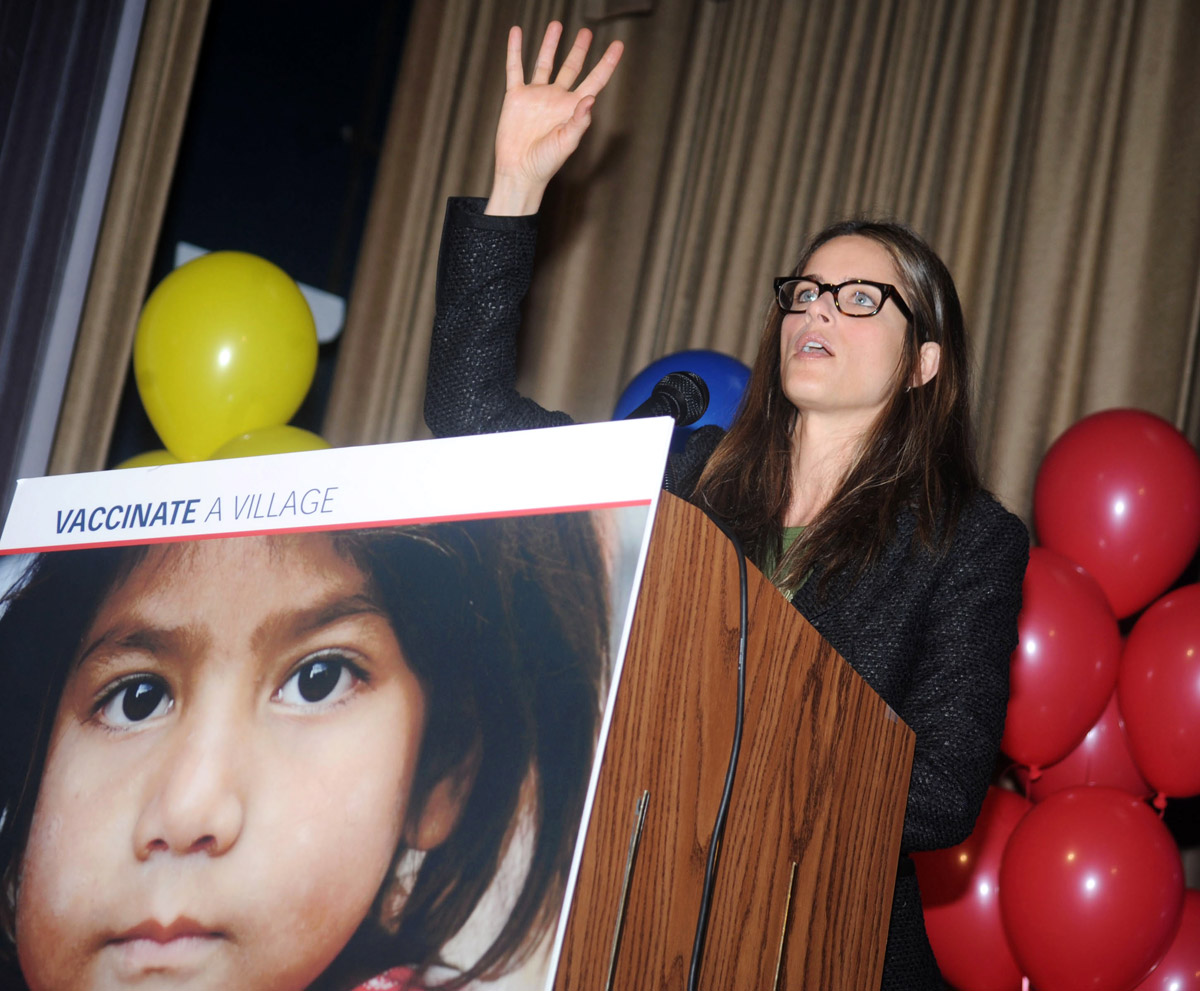ARTICLE AD

About a month ago, we discussed the measles outbreak in Europe and community spread within the United States. In 2023, Europe saw 30 times more measles cases than it did in 2022, causing the UK to declare a “national incident” due to the significant public health risk. Although the US declared the highly-contagious virus to be eliminated back in 2000, clusters of cases have been popping up in several states.
It’s frustrating enough that a formerly eradicated virus is making a completely preventable comeback, but this is a scenario that can very well have devastating consequences worldwide. In a pretty scary warning, the World Health Organization said last week that by the end of the year – yes, *this year* – more than half the world will be at a “high or very high risk” of having measles outbreaks due to “big gaps” in vaccine programs during Covid. The immunization setbacks are a result of “the Covid-19 pandemic, associated disruptions, and Covid-19 vaccination efforts” all putting a strain on health systems.
“What we are worried about is this year, 2024, we’ve got these big gaps in our immunization programs, and if we don’t fill them really quickly with the vaccine, measles will just jump into that gap,” Natasha Crowcroft, a Senior Technical Adviser on Measles and Rubella with the WHO, said during a press briefing in Geneva.
“We can see, from data that’s produced with WHO data by the CDC, that more than half of all the countries in the world are going to be at high or very high risk of outbreaks by the end of this year,” she added.
Measles, according to the WHO, is a “highly contagious, serious airborne disease caused by a virus that can lead to severe complications and death.”
While it is most common in children, it can affect anyone. Symptoms include a high fever, cough, runny nose and a rash all over the body.
Last year, more than 300,000 cases were reported worldwide, marking a 79% increase from 2022, Crowcroft said on behalf of the WHO. Global vaccination rates, she added, have slipped to 83%. Figures for deaths have not yet been completed, Crowcroft revealed.
This year, a total of 20 measles cases have been reported by 11 jurisdictions across the United States, according to data from the Centers for Disease Control and Prevention (CDC). Arizona, California, Georgia, Maryland, Minnesota, Missouri, New Jersey, New York City, Ohio, Pennsylvania and Virginia have all had cases, the organization said.
I think we all knew that the pandemic was going to expose every flaw in the system, but my goodness, the public health repercussions are like the gift that keeps on giving. What we’re seeing now are the effects of a combination of lack of access, placing priorities elsewhere, and a very intense war against vaccines. I totally understand the issues that the pandemic caused, with immunization programs put on hold for obvious reasons and resources stretched thin to focus on the Covid vax rollout. Hopefully, we can bridge enough of the gaps there and avoid the worst-case scenario.
What I don’t understand, though, are the anti-vax parents. The movement has become a public menace that’s led to measles outbreaks before. Back in 2019, UNICEF directly named decreasing childhood vax rates as a “pathway” to measles outbreaks that were happening at the time. I don’t get it. The measles can be dangerous for children and the vaccine has been proven to be safe and effective! Why wouldn’t you want to help keep your kid from catching a potentially deadly virus? It boggles the mind.
photos credit: IMAGO/BL/BSIP/Avalon, Dennis Van Tine/Avalon, ulrich niehoff/ImageBROKER/Avalon, IMAGO/Joa Souza/ Avalon

 8 months ago
45
8 months ago
45 




